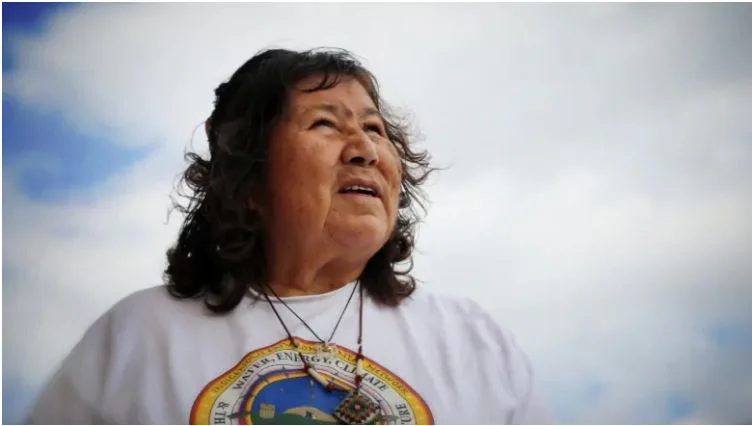Experts say the NWT’s wildfire season could affect water sources by altering water quantity and quality, potentially straining treatment systems. The territory’s extreme 2023 wildfire season has already taken a heavy toll on residents and fouled air quality for months. But fires can affect water too – sometimes in substantial ways.Experts say the NWT’s wildfire season could affect water sources by altering water quantity and quality, potentially straining treatment systems. The territory’s extreme 2023 wildfire season has already taken a heavy toll on residents and fouled air quality for months. But fires can affect water too – sometimes in substantial ways.
What has happened since Wahta's drinking advisory was lifted? Water systems update
Water services in Wahta Mohawk Territory have seen a lot of improvements recently. With input from the Wahta Mohawks Chief and the director of public works, Wahta Mohawks communications officer Sean Molnar provided information about the community’s water services. Wahta’s water systems include water wells and treatment systems. There are two types of water systems: those owned and managed by Wahta — located in buildings like the Administration Building, Cultural Healing Centre, Nursing Station, Public Works Shop, ICG Building, and rental units — and those owned and managed by private homeowners and businesses.
Water Advisory Continues for Shubenacadie Grand Lake
The provincial Department of Environment and Climate Change is advising people in the Shubenacadie Grand Lake area to avoid using lake water over the weekend. The department is investigating water quality after a complaint earlier this week about two dogs dying after being in contact with a substance on the lakeshore. Rapid tests done on water samples from the lake on Thursday, June 10, were inconclusive. However, based on visual evidence from the time the complaint about water quality was made, the incident is being treated as a blue-green algae bloom. Additional test results will be available Monday.
Revisiting North Battleford's water crisis 20 years later
Twenty years after her family became seriously ill from a water-borne parasite, Christine Greer still doesn’t trust what comes out of the tap. The family of four were among an estimated 7,000 people in North Battleford — about half the city’s population — who spent the spring of 2001 incapacitated by severe flu-like symptoms. “I shared a home with my nephew and his wife and my great-nephew,” Greer, 47, recalls. “Even the baby was sick, severely sick. It was a little bit traumatic.
Laced with fear: why some Ontario First Nations don't trust tap water or eat the fish
Water is something most Canadians take for granted. We have so much of it, it's no wonder. Per capita, our country has the world's third-largest freshwater reserves, but yet in many Indigenous communities, water can be difficult to access, at-risk because of unreliable treatment systems, or contaminated. That's the case in Delaware First Nation, an Indigenous community of about 500 people an hour southwest of London, Ont., a place where fishing was everything 60 years ago.






